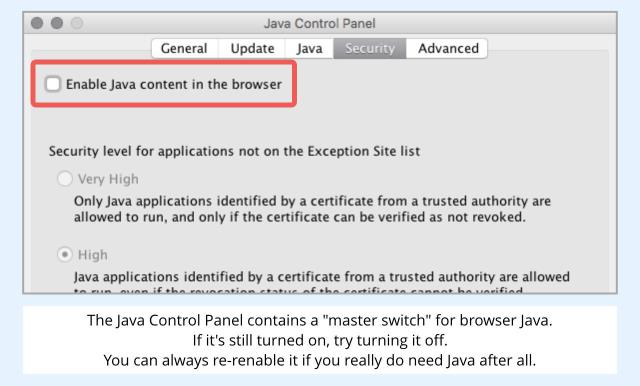Feds widen probe into lottery IT boss who rooted game for profit
Federal investigators have confirmed that they are widening a probe into fraud by the former IT security director of the Multi-State Lottery Association (MSLA).
In July, Eddie Tipton, 52, was found guilty of installing a rootkit in the MSLA’s random-number generating computer that allowed him to predict the digits for future winning tickets. He also tampered with security cameras to cover up his time at the keyboard, the court heard.
Tipton was sentenced to ten years in prison after CCTV caught him buying a $16.5m winning ticket in the Iowa state lottery. He is free on bail while appealing his conviction.
Meanwhile, investigators claim that three other state lotteries in Colorado, Wisconsin, and Oklahoma also report paying out prizes worth $8m to people associated with Tipton.
“It would be pretty naive to believe they are the only four,” former investigator Thomas Miller told AP. “If you find one cockroach, you have to assume there are 100 more you haven’t found.”
The MSLA provides the technology for 37 US states and territories and the investigation team has asked every local lottery board to check their records to see if Tipton can be linked to any more big wins. He has already been charged with criminal conduct and money laundering in three more states.
“There’s just absolutely no evidence whatsoever that he did anything to alter the proper operations of the computers that were used to pick those numbers, absolutely no evidence. It’s just all speculation,” said Tipton’s attorney Dean Stowers.
Tipton was convicted after investigators released camera footage of a behoodied man buying the winning Iowa ticket and some hot dogs from a convenience store near the MSLA office. At Tipton’s trial, his brother, Tommy Tipton, said that the footage didn’t show his sibling, remarking: “Eddie’s not a hot dog guy.”
Now Tommy Tipton is also in investigators’ sights after he was named as the beneficiary of a $537,000 cash payout from a winning lottery ticket in Colorado in 2005. T. Tipton, who was elected as a justice of the peace in Flatonia, Texas, denies any wrongdoing, and resigned his post after charges were brought against him.
Meanwhile, in Oklahoma, cops are investigating a $1.2m Hot Lotto jackpot that paid out in 2011. The winner was the owner of a Texas construction company that police claim was an associate of Eddie Tipton.
“This is kind of an eye-opener,” said Oklahoma Lottery director Rollo Redburn. “It reaffirms the fact that we’ve got to be constantly vigilant against people trying to defraud the system.”
The authorities in Wisconsin are also looking into the winner of a $2m Megabucks prize that was claimed in 2008 by a law firm acting on behalf of Robert Rhodes, a close friend of Tipton’s. Rhodes was also linked to the attempt to cash in the $16.5m Iowa lottery ticket, and is fighting extradition to the state. ®
Sponsored:
Go beyond APM with real-time IT operations analytics
Article source: http://go.theregister.com/feed/www.theregister.co.uk/2015/12/24/feds_widen_investigation_into_lottery_it_boss_who_rooted_game_for_profit/

